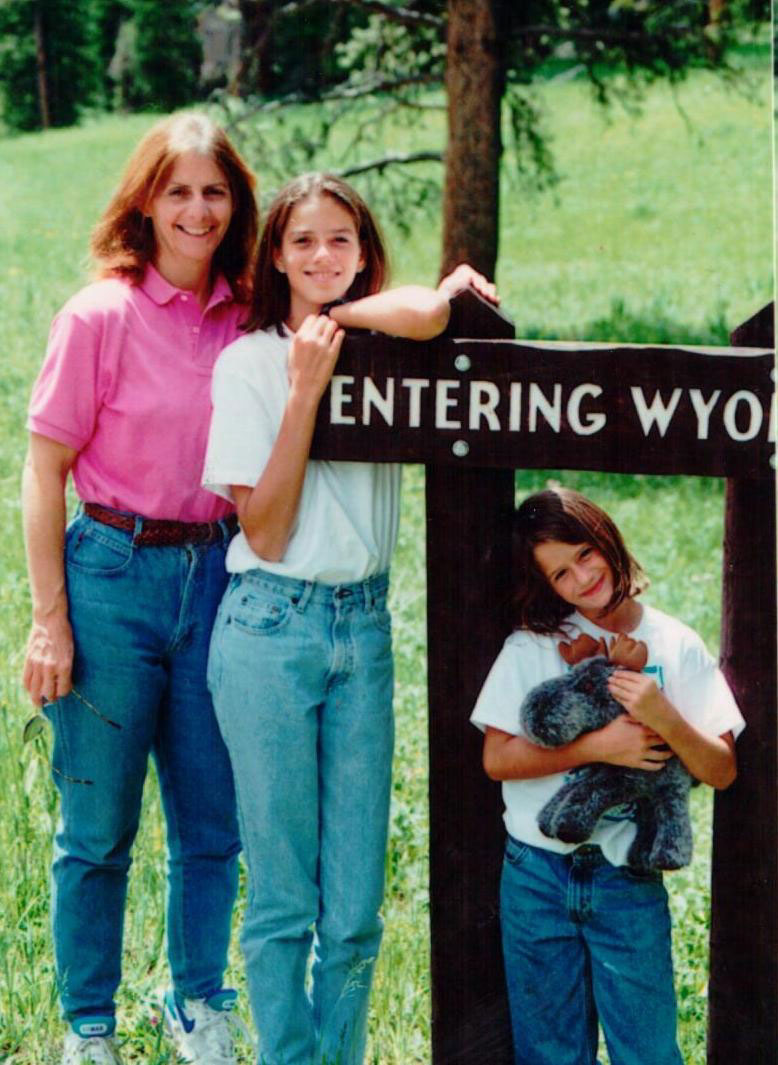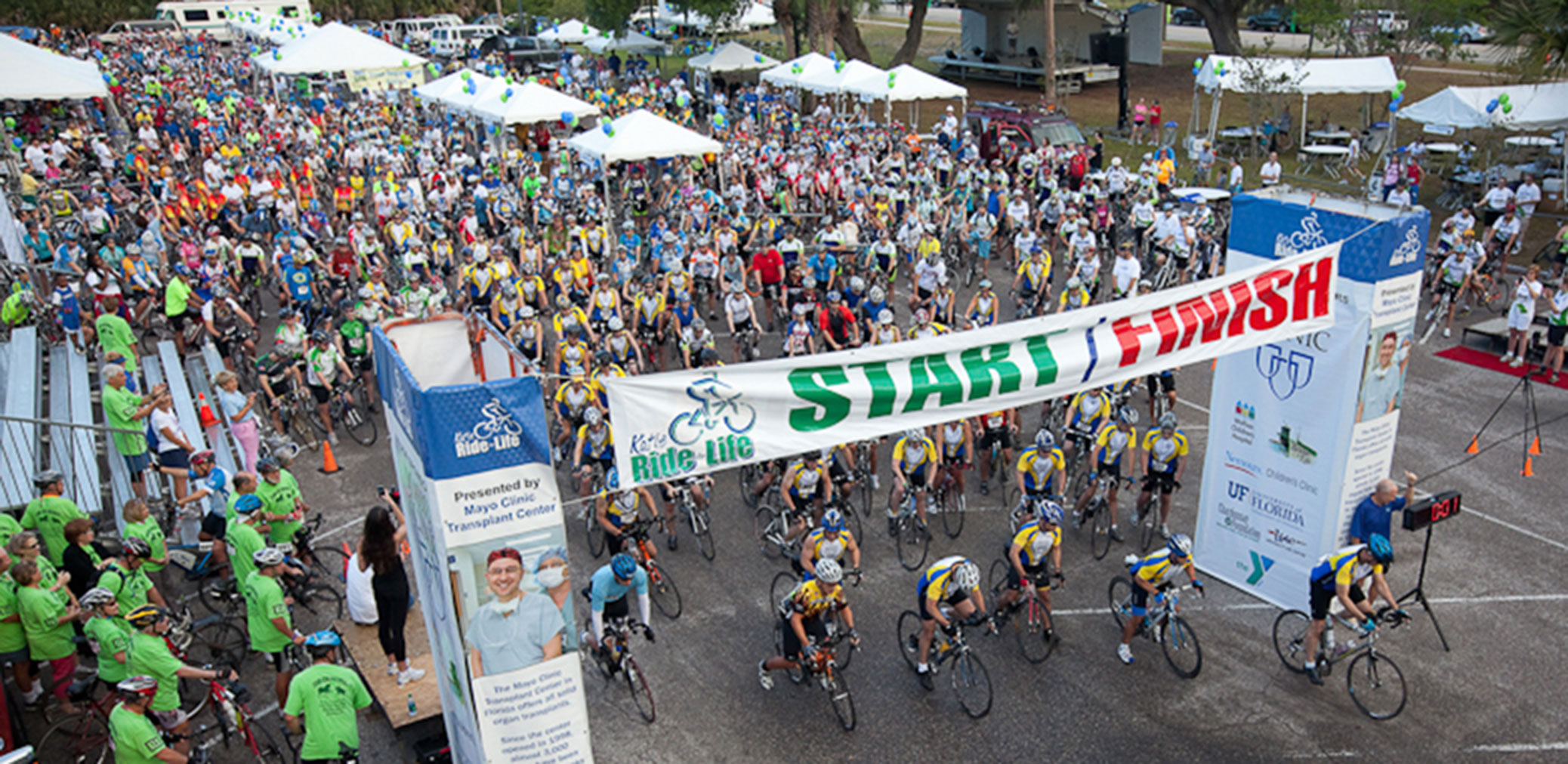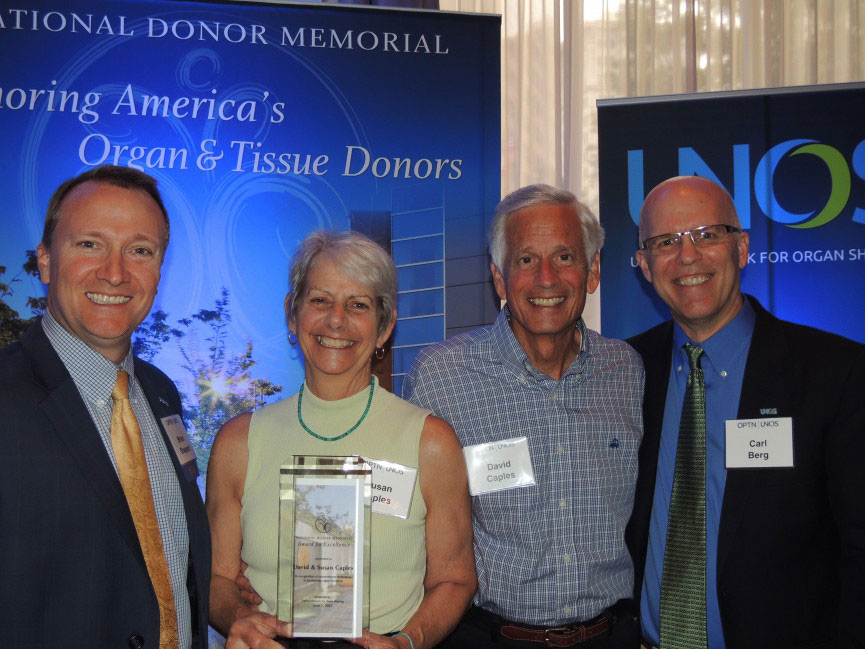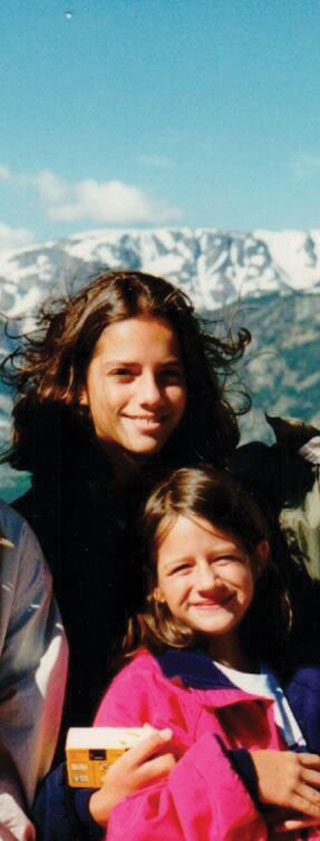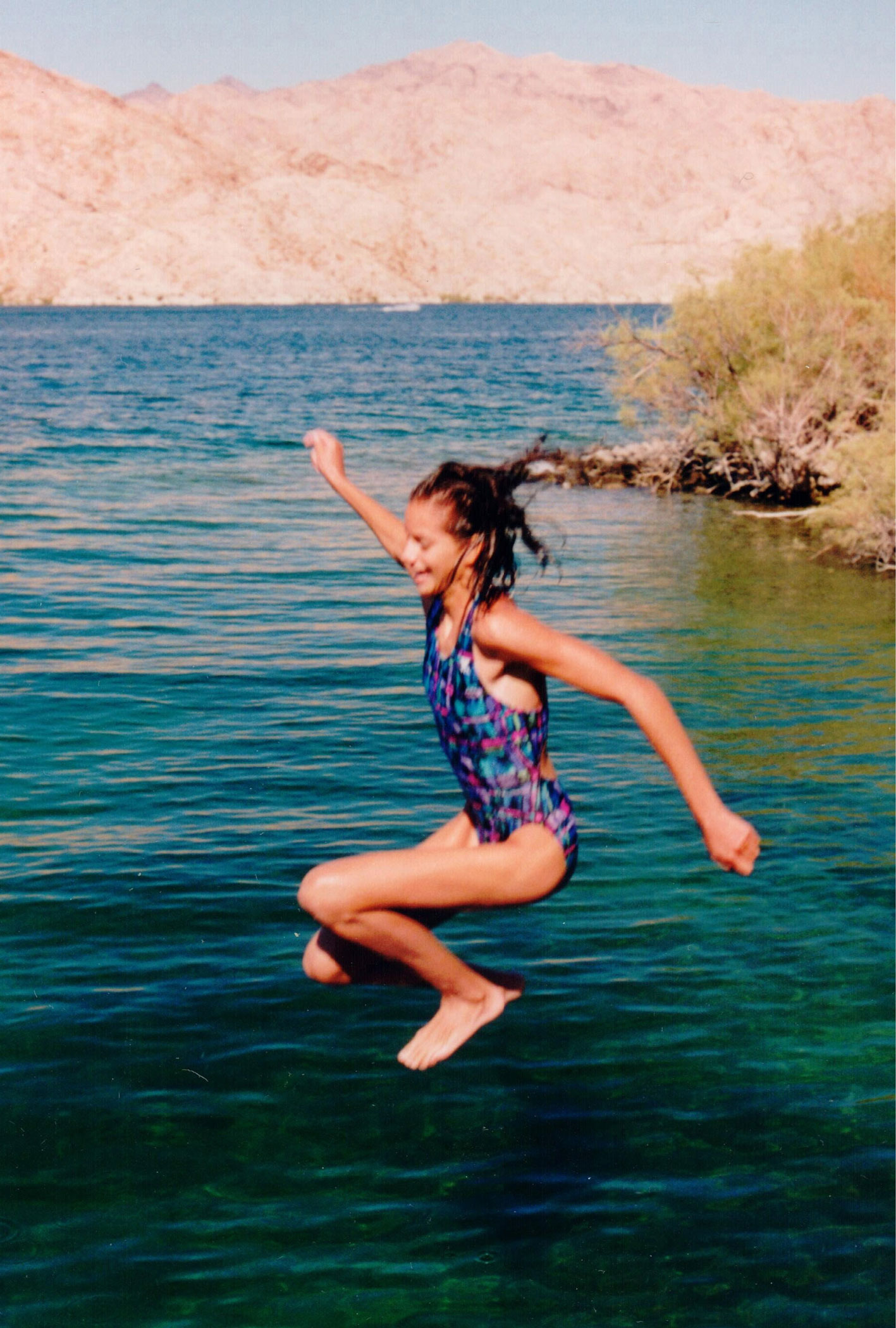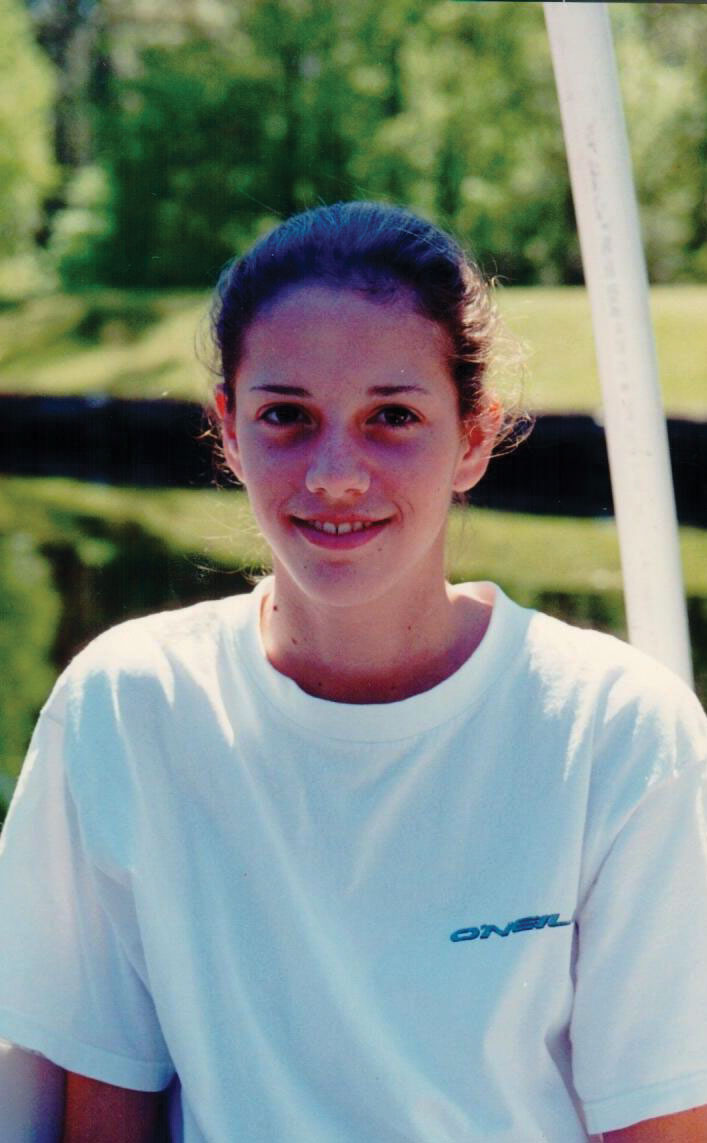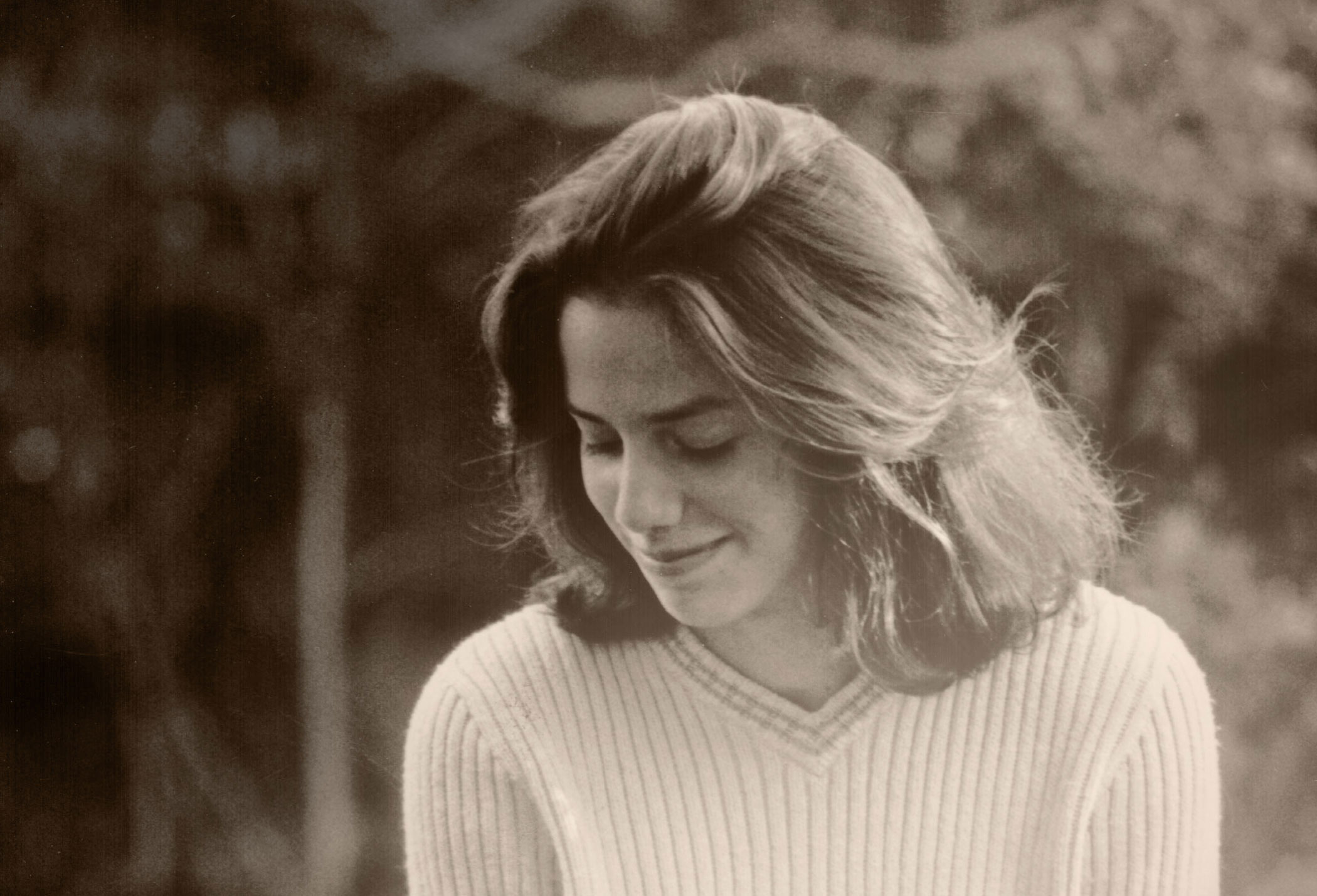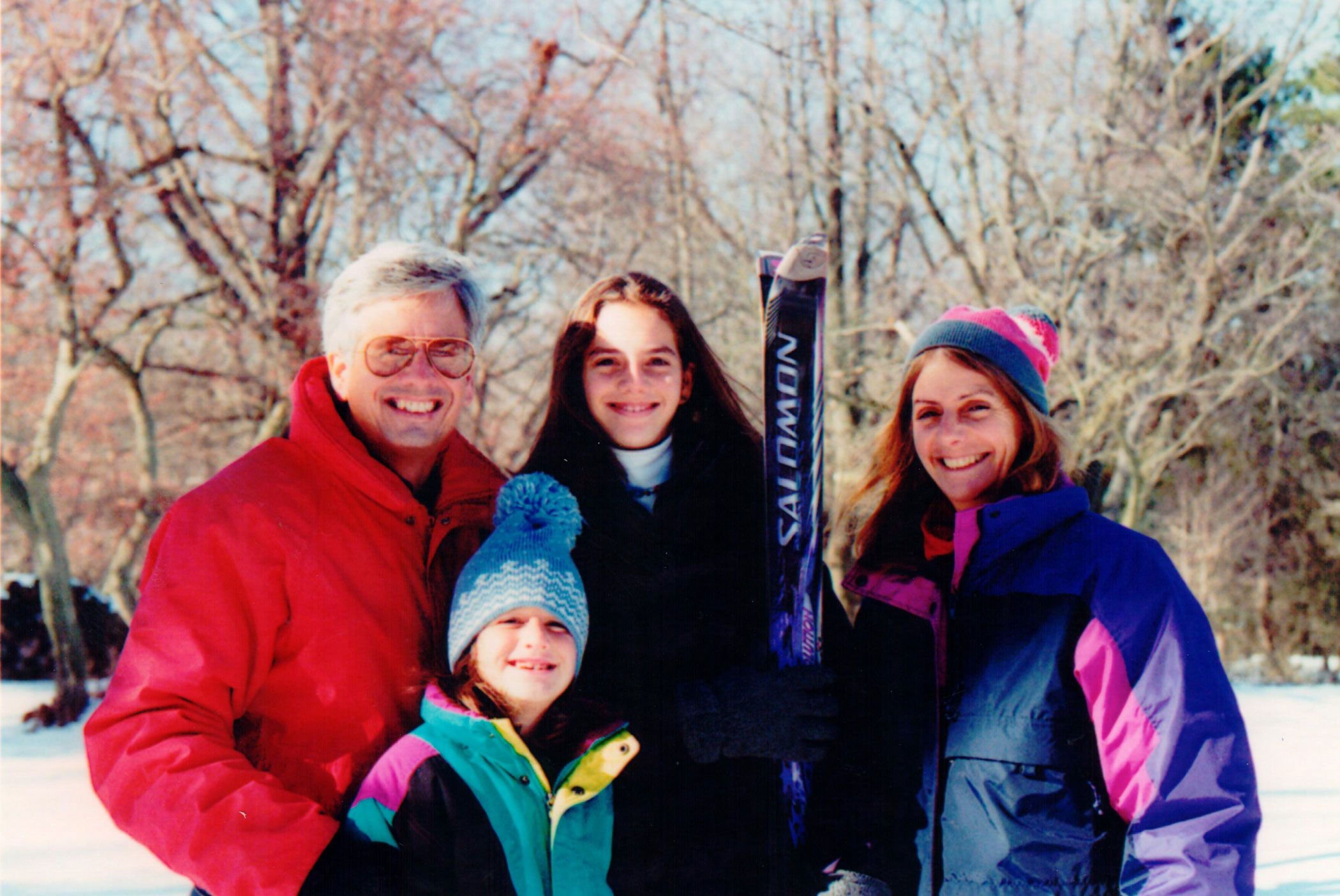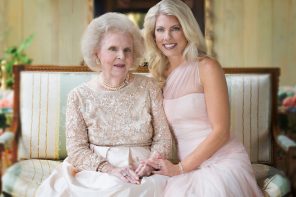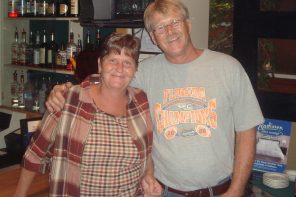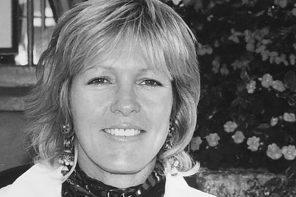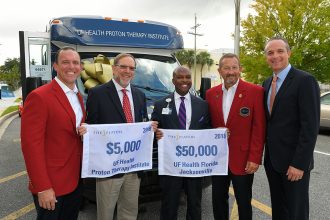Promoting organ donation awareness
In April 1998 Katie Caples became a life-saving angel to five strangers after she sustained severe brain trauma when her Jeep was T-boned by a pick-up truck as she was driving home from a March of Dimes Walk in Jacksonville.
The fatal accident enabled the 17-year-old Bishop Kenny junior to provide five deathly-ill transplant patients with her heart, kidneys, liver, and a lung, and to support many others who received her bones and tissue.
Her sacrifice has inspired thousands of high school and college students who have become aware of the importance of organ donation through the Katie Caples Foundation, which was set up in Katie’s memory by her parents after her death.
Key within the foundation’s mission is to spread the story of Katie’s desire to become an organ donor when she applied for her learner’s permit at the Department of Motor Vehicles more than a year before her accident. Because thousands of young people have followed Katie’s example and signed on to become donors, the foundation’s message has proved to be an angel of mercy for hundreds of patients on transplant waiting lists around the country.
After Katie was life-flighted to Shands Hospital (now UF Health), there were many times during her six-day stay that her parents believed she would recover. Unfortunately, her brain injury proved to be too severe, and when she was declared brain dead, her parents, David and Susan Caples, decided to remove life support and obey her wish to allow her organs to be harvested.
“There had been times when we actually thought she was going to pull through. But the long and the short of it is that it just wasn’t meant to be,” said Susan. “What made Kate a candidate for organ transplant was the fact she had been on life support since she came in. Although she had lost her spleen, everything else was still there, and there were viable organs to donate. We ended up doing the full gamut because we knew Kate would be very upset if we didn’t donate the bones and tissue, too,” she said.
Among the recipients of Katie’s organs were a 42-year-old single father (liver), a 9-year-old girl (right kidney), a 30-year-old man (left kidney), a 62-year-old grandmother (right lung), and 17-year-old Chris Markert, who received her heart.
“For most, we did not know their names because in those days people kept their distance, but we did meet the fellow who got Kate’s heart,” said Susan, adding it was Markert’s family who set up their meeting.
“It was wonderful to meet him, and there was a lot of irony there because he was the same age as Kate, and he was from New York and Kate was born in Ithaca, N.Y. His name was Chris and Kate’s older brother’s name is Chris, so for us there were amazing coincidences with the whole thing,” she said.
Katie had been an avid runner on Bishop Kenny’s cross country and track teams, and Susan said her “presence and the energy” were evident during the meeting. “Chris said, ‘You know, I never ran, but since I got Kate’s heart I’ve started running,” Susan recalled. “He also said, ‘I never have liked sweet tea, but I like it now.’ I had read a book that said when you receive tissue from another person you get some of their DNA and some of the traits of that person are carried on,” she explained.
Soon after Katie’s death, the Caples set up the Katie Caples Foundation and established scholarships in her name at Bishop Kenny and Assumption Catholic School. Each year they hold an invitational cross-country meet at Bishop Kenny to financially support the scholarships.
A few years later it was evident that was not enough, and the Caples decided to expand the foundation’s mission to promote an awareness of the importance of organ and tissue donation.
“It had to do with our board, which felt there was something bigger we had to do,” said Susan. “Tom Shouvlin, who is gone now, was the real instrument behind it. He said, ‘We’ve got to be doing something more because Katie would expect more.”
Since 2005, the foundation has delivered its message to more than 150,000 individuals in Northeast Florida, according to its website. Through partnerships with the Mayo Clinic, University of Florida, UF Health, the Department of Motor Vehicles, and Tax Collector’s Office the foundation worked to extend its reach, and in 2014, its educational programing at the high school level extended to 30 Florida counties, increasing the number of organ donors between the ages of 15-18 by 381 percent, according to its website.
The foundation’s partnership with LifeQuest, North Florida’s organ procurement organization, provided funding for public education coordinators who develop presentations aimed at educating high school students about organ donation. Through this partnership more than 140,000 students in Northeast Florida have been privy to its educational programs, according to the website.
Since 2016, the foundation decided to leave its high school education programs in the hands of LifeQuest, focusing instead on college students through its Campus Challenge at the University of Florida, the University of North Florida, and Edward Waters College, said Susan. However, it has since expanded the Campus Challenge program to include The Bolles School, Yulee High School, and Fernandina Beach High School.
“We want to get college students involved. They create an education environment on campus at certain times of the year to bring about organ donation awareness,” she said. “We saw there was a population there that we were missing, and we wanted to get into the college level because the kids on campus come from all over the world, and many have not been exposed to the need for organ donation.”
Funding for the foundation’s organ donor registration education programs is derived primarily from its annual Katie Ride, which offers bicyclists of all abilities the opportunity to cycle together over various distances along scenic coastal roadways between Fernandina Beach and Jacksonville. Also included in the event are 5K and 10K walk and fun runs and event organizers are working on creating a virtual ride for indoor riders.
An art auction in September at the Amelia Art Association and a silent auction in December at Sliders Restaurant on Amelia Island are also held to raise funds to support Katie’s cause.
Although it only serves Northeast Florida, the Katie Caples Foundation has received national recognition and numerous awards for its contribution to the organ donation-transplant communities. Included among its laurels are the 2015 National Donor Award for Excellence presented by the United Network for Organ Sharing, the 2015 Communicator Award of Distinction for Non-Profit Video Content presented by the Academy of Interactive and Visual Arts, the 2012 E. William Nash Jr. Community Partner of the Year Award presented annually by the YMCA Florida First Coast, the 2011 James S. Wolf M.D. Courage Award, presented annually by Donate Life America, and the 2005 President’s Volunteer Service Award, awarded as part of an initiative of the President’s Council on Service and Civic Participation in Washington D.C.
Setting up the foundation has not only helped Katie’s grieving family cope with her death, but also many others from the community as well, said Susan, noting the Katie Ride serves as a balm for many who never met her daughter.
“The Katie Ride helps people who have lost a friend because they never got an organ and it also helps people who have received organs and want to give back. Having the foundation opened up a bigger picture for us,” Susan said.
“Setting up the foundation and going through this process has helped us to relate to other people going through a similar situation,” Susan said. “For me, it’s not just about Katie. She left us a job to do and that is to make people more aware of the need to become organ donors. Through our foundation, we’re celebrating life, and that’s what we should be doing, celebrating life because it’s a gift.”

